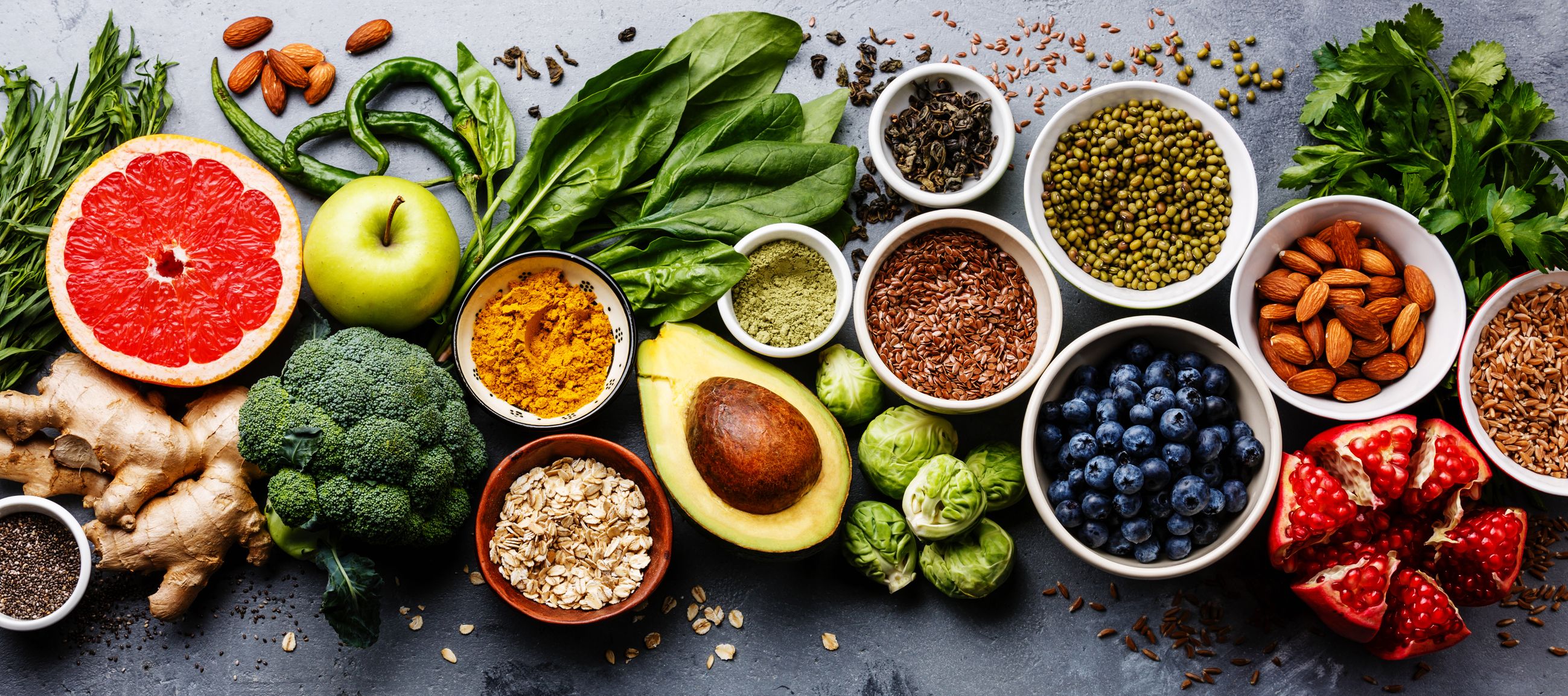Food: Eat less meat to save the planet
Did you know today, emissions from land like agriculture cause nearly a quarter of human induced greenhouse emissions? As global demand for food has grown, food producers have converted forests into agricultural land, leading to a release of carbon dioxide stored in trees according to the report, authored by scientists on the Intergovernmental Panel on Climate Change (IPCC).
Considering this information the call in action is to have consciousness and perhaps consider changing habits. I know it is difficult to turn to a NO meat diet but we can start with a decrease in the consumption of meat daily. Rethinking the human diet across the globe could drive emissions reductions of up to 8 gigatonnes annually. Can you imagine that?
What we also need to consider is that the livestock sector raising cows, pigs and chickens generates as much greenhouse gas emissions as all cars, trucks and automobiles combined. These statistics are unbelievable and give us an idea of the rough situation we are living in. That's why I am convinced that eating less meat is essential to combating climate change, soil, air and water pollution, ocean dead zones, and myriad other problems caused by industrial livestock production.
In a way reduced meat consumption means lower emissions from livestock and the fertilizer needed to sustain them, but it also provides an opportunity to reforest land that farmers would have otherwise used for grazing. This is another factor we need to consider. To give you an example of what I mean we can talk about the recent years as deforestation has accelerated in the Amazon rainforest in both Brazil and Colombia, with a recent report from Brazil’s National Institute for Space Research showing that the practice had increased 40% in the previous two months.
Based on my reasons, how can we take action to become part of the solution? I'm going to give you some ideas that I'm practicing: 1. Commit to reducing your meat and dairy consumption by a few meals per week. 2. Tell friends about your choice to find alternative proteins. 3. Make fresh fruits and vegetables a bigger part of your diet. 4. Buy sustainable or organic fresh produce whenever possible. I hope these ideas generate further discussion and encourage you to make a real decision to start with new habits.



Comments
Post a Comment